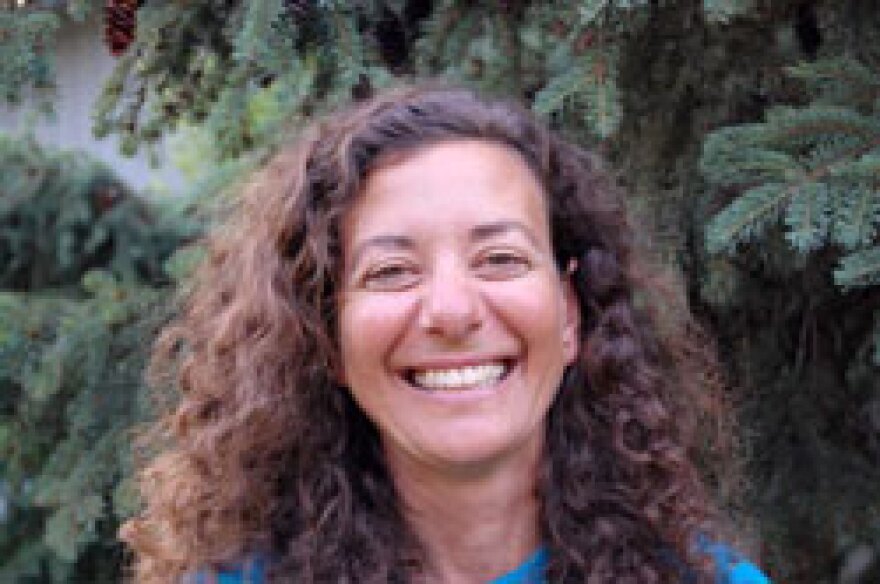In June, President Barack Obama issued an executive order that stops deportation of many young immigrants who are in the United States without documents. It's meant to address the issue of children being brought into the U.S. by their parents at a very young age without documentation. It impacts the same people that would have been affected by the 'DREAM Act' – an immigration-reform bill that has stalled in Congress. Robin Bronen is the Executive Director of the Alaska Immigration Justice Project, in Anchorage. She says the Executive order will give such young immigrants, including those in Alaska, a special status called 'deferred action.’
“Deferred Action is a type of immigration status that is very temporary,” Bronen said. “This means that the government can take the immigration status away at any time.”
“Deferred Action will not lead to permanent residency in the United States or citizenship.”
The order gives those that qualify a permit to work and a pathway to higher education. To qualify they have to have entered the U.S. before turning 16, continuously resided in the U.S. for at least 5 years before the order was issued and be able to show they were present on the order's date, June 15, 2012. They have to be in school, or have graduated from high school, obtained a GED, or have been honorably discharged from the Coast Guard or Armed Forces of the United States. They can't be convicted of certain crimes and they can't be over 30. Bronen expects the government to open the application process for the new status in August.
“We are still waiting for guidelines from the government,” Bronen said. “We think we're going to get those guidelines in the middle of August and will plan a workshop immediately after that.”
The most important thing for applicants to do now, she says, is to start collecting the required documents. For assistance, Bronen says, they can call the offices of the Alaska Immigration Justice Project.
Listen to the player below for the English version of KSKA Reporter Daysha Eaton's interview with Robin Bronen, Executive Director of the Alaska Immigration Justice Project.
Listen to the player below for the Spanish version of the interview.

